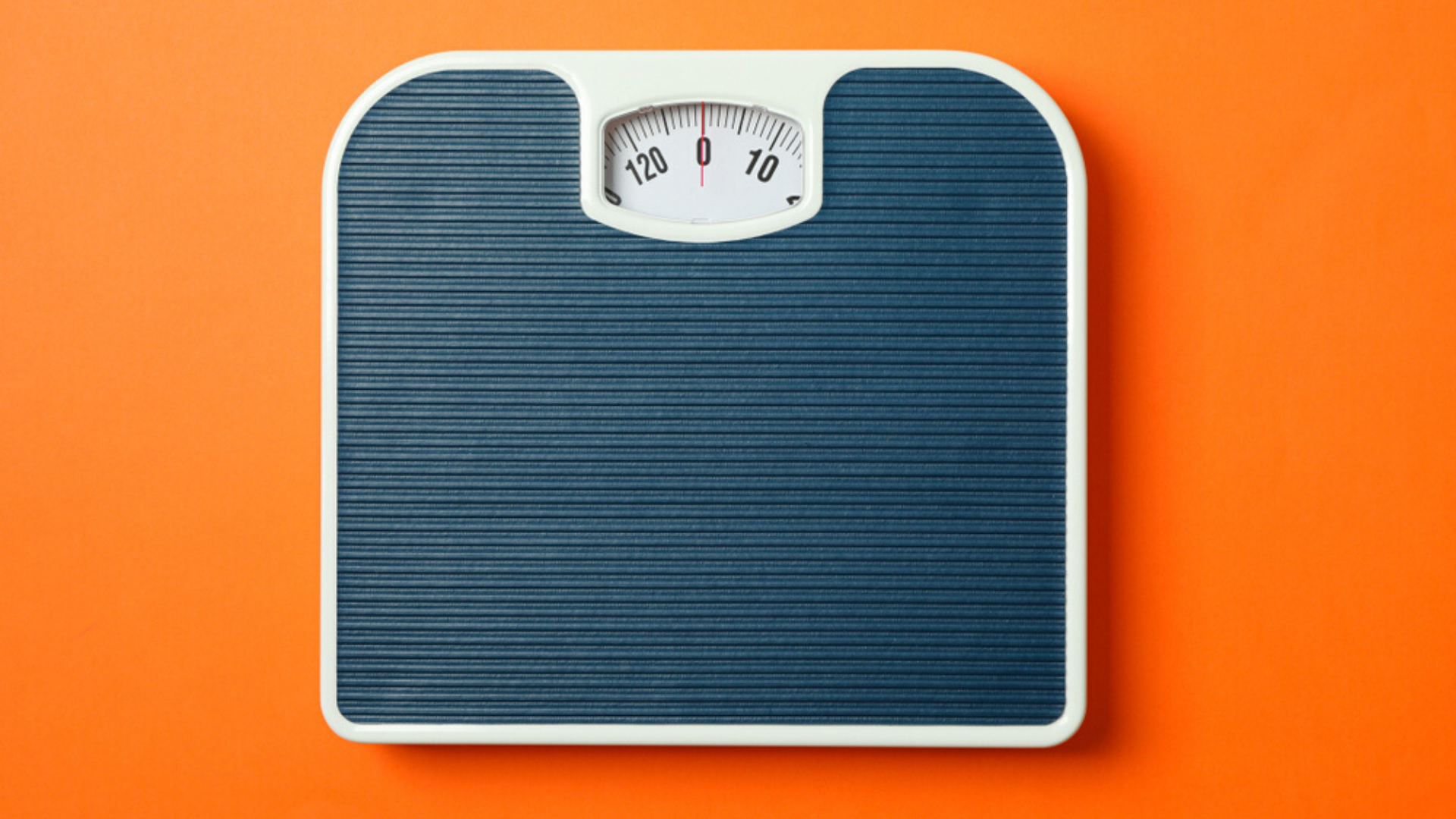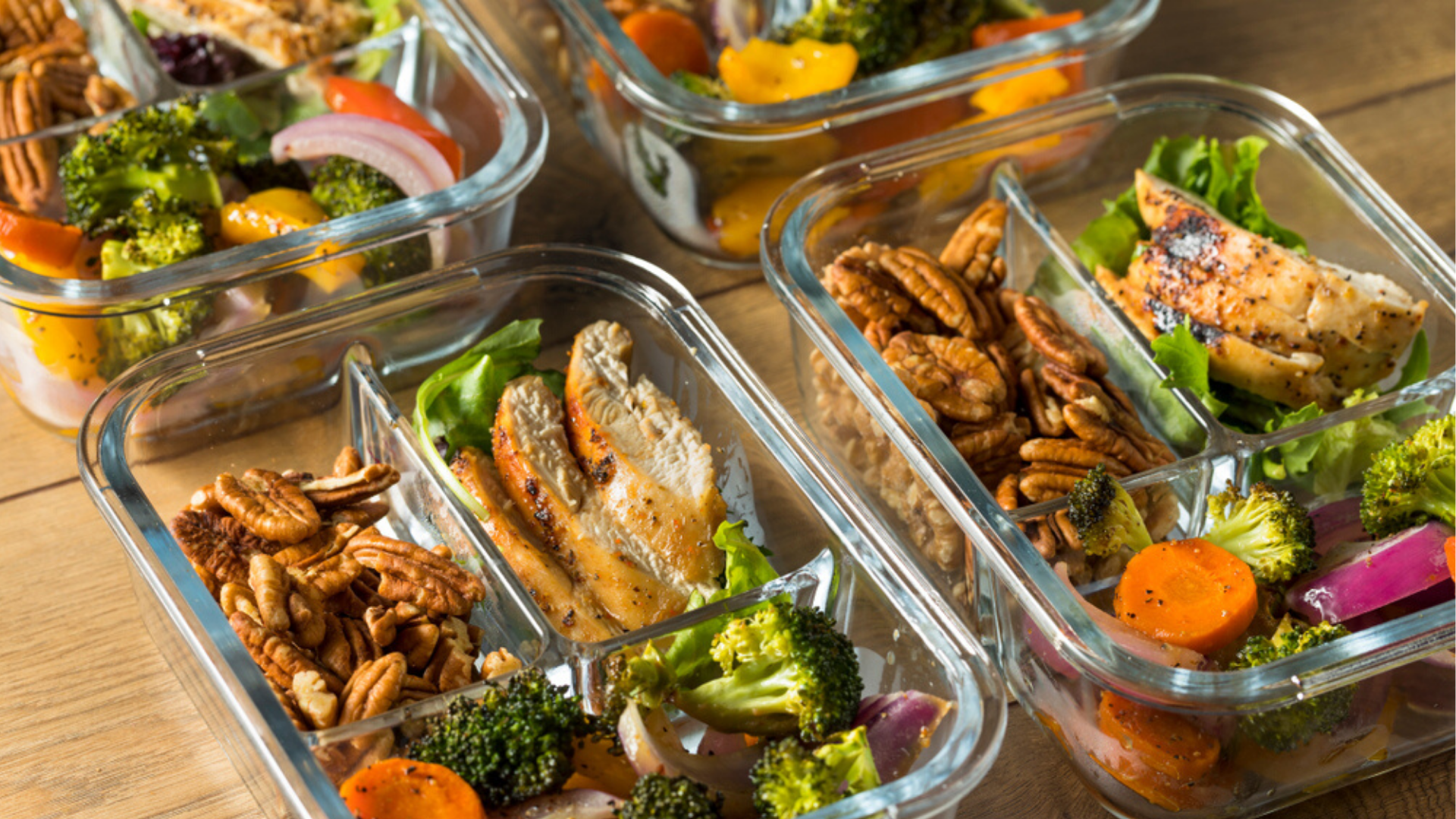Maintaining Your Weight During the Challenge Maintenance Phase

Weight loss doesn’t come easy for many, and we also know that maintaining weight loss can be very difficult. Studies have shown that only a very small percentage of people who successfully lose weight are able to maintain their weight loss, with most people regaining lost weight within 2-5 years. This is often the case due to making changes in lifestyle that assist weight loss but are not sustainable in the long term. To help you to sustain your weight loss results, we’ve put together this weight maintenance toolkit so you can keep your Challenge results!
The Weight Maintenance Toolkit
In this toolkit, there are 4 key tools we recommend to help with weight maintenance. These are strategies that help you create positive behavior changes, stay organized, and become mindful of your habits.
Mindful eating
The way you eat your food is as important as the types of food you are eating. Mindful eating is about bringing focus to the task you are doing and reducing distractions, allowing you to pay attention to how your body is feeling, as well as the taste, texture and smells of your food. Research has shown that mindful eating can assist with weight maintenance by bringing awareness to your actions around eating. This helps encourage healthier food choices while reducing emotional and boredom eating.
Starting to eat mindfully doesn’t mean completely changing your habits overnight. Instead, start with one meal or snack a day that you can try to eat more mindfully. Before eating, check in with yourself, assess your hunger (on a scale out of 10), and ask what your body needs at that moment in time. Turn off the TV and your phone so that you can truly focus on your meal without distractions. Notice the colors, flavors and textures of your meal. Pause between each mouthful, and aim to take 20 minutes to complete your meal. When you have finished, take a pause to assess how you are feeling again. Reflect on this compared to the way you would normally eat. Do you normally eat a lot faster? Do you normally eat more than this? Assess your hunger again. This is a great way to start practicing mindful eating. Once you have nailed a couple of mindful meals a week, slowly increase this. Over time, mindful eating can help with managing portion sizes and choosing foods that are right for your body’s needs, thus reducing overeating and mindless snacking.

Mealtime behaviors
Similar to mindful eating, bringing awareness to your mealtime behaviors allows you to assess areas for improvement that will help you maintain your weight. We recommend spending a week tuning in to your habits, and making a note of these. You might notice that when you are stressed, you tend to reach for less healthy food options, or maybe you skip meals, only to eat more later in the day. You might notice that you are often eating on-the-go and aren’t savoring your meals. Some positive mealtime behaviors that will support weight maintenance are:
- Slow down and eat without distraction. Take 20 minutes away from the desk or your phone to eat your lunch. This can help to bring awareness to your appetite and reduce overeating.
- Plan the timing of your meals. It is easy to find yourself grazing throughout the day if you are a busy person and don’t feel like you have time to sit down to a meal. Make sure you plan some meals into your schedule when you know you have time to sit down and eat without distraction. This will help to reduce mindless snacking and grazing, which can lead to unwanted weight gain.

Meal planning
Take time at the beginning of the week to plan out your meals and grocery list. Meal planning not only helps you to maintain a healthy eating pattern around a busy schedule, but it can help with weight maintenance. Knowing that you have a plan in place of the meals and snacks you are going to consume can help you make the right choices when it comes to food. Meal planning will also help you to make sure you have healthy options on hand at home or at work, so you’ve always got a nutritious option to eat when you need it. The Challenge portal provides a weekly meal plan and shopping list to minimize your weekly planning.

Meal prep
Preparing meals and snacks in advance is a great way to keep you on track with your healthy eating and weight maintenance. When you know you already have a healthy, homemade meal available, you’ll be less likely to resort to takeaway options. Meal prep doesn’t mean you have to prepare every single meal in advance. Choose the method that is going to help you the most. You might benefit from prepping all of your breakfast meals so you can wake up and start the day with a healthy meal. Others may benefit from meal prepping lunches for work to avoid the takeaway options, or cooking a few batches of meals per week. Find what works best for you.

References
1, Mann, T., Tomiyama, A., Westling, E., Lew, A., Samuels, B. and Chatman, J., 2007. Medicare’s search for effective obesity treatments: Diets are not the answer. American Psychologist, 62(3), pp.220-233.
2. Beshara, M., Hutchinson, A. and Wilson, C., 2013. Does mindfulness matter? Everyday mindfulness, mindful eating and self-reported serving size of energy dense foods among a sample of South Australian adults. Appetite, 67, pp.25-29.
